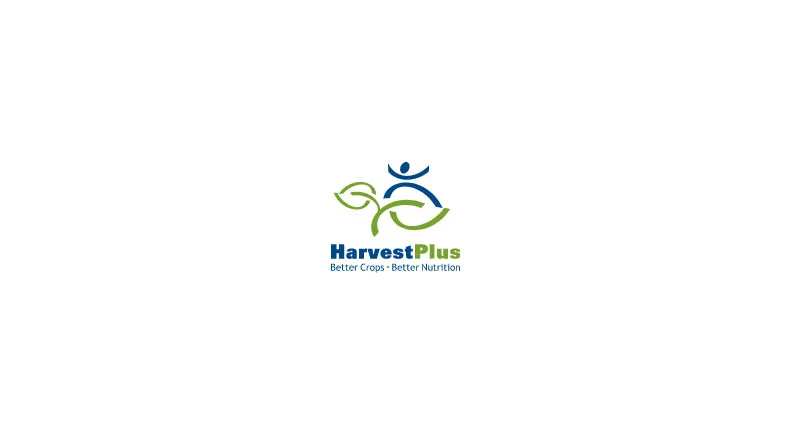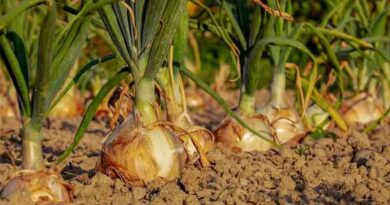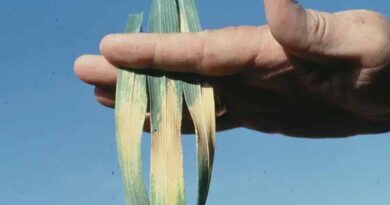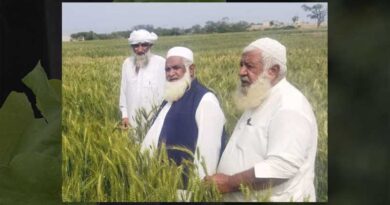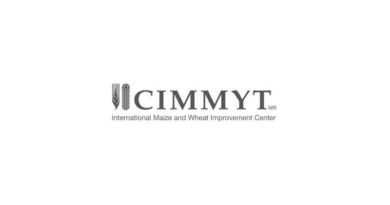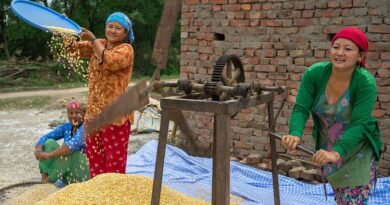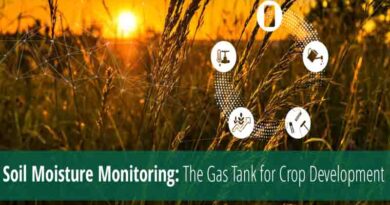Zinc Wheat Alleviating Climate-Related Nutritional Challenges in Pakistan
03 November 2023, Pakistan: Unexpected temperature variability and extreme weather events have resulted in a reduction in the nutritional value of staple crops in Pakistan. The yield of rice reduced drastically in rice-growing areas of upper Sindh in 2020 and 2021, and the produce also lacked the required nutritional value due to extreme weather variability.
While commenting on the multifold effects of climate change on nutrition in Sindh and South Punjab in Pakistan, Director at Agriculture Extension Sindh, Ghulam Mustafa Nangraj, said that unprecedented floods destroyed most of the standing crops, while an extreme high and sudden drop in temperature affected the yield and quality of grains, reducing their nutritional value and exacerbating malnutrition in these areas.
Experts have called for a switch to biofortified crops to deal with the growing malnutrition crisis in the country. Nangraj said in the wake of back-to-back natural calamities and weather-related disasters, they were trying to convince local farmers to switch to biofortified crops such as zinc wheat, which are more nutritious and have adequate amounts of micronutrients such as zinc and iron.
“At the moment, farmers are growing traditional varieties of wheat in Sindh province, as they do not know that biofortified varieties are more nutritious and better for their family’s health. There is a need to create awareness among farmers in Sindh provinces like Punjab to switch to biofortified crops that are also heat and drought resistant”, he added.
HarvestPlus has supported the development and release of five biofortified zinc wheat varieties by the federal government and provincial governments of Punjab and Khyber Pakhutunkhwa. These include Zincol 2016, Akbar 2019, Nawab 2021, Tarnab Rehbar, and Tarnab Gabdum 1.
“Combating hidden hunger requires a range of context-specific combinations of evidence-based interventions that complement each other, including dietary diversification, supplementation, commercial food fortification, biofortification, and other public health measures,” said M. Yaqub Mujahid, Country Manager, HarvestPlus Pakistan. “Enriching nutrients into staple crops that farmers are already eating provides a safety net against severe levels of micronutrient deficiency and helps mitigate challenges of nutritional insecurity due to climate change,” he added.
While sharing the progress on biofortification, he said that more than 4 million metric tons of biofortified wheat grain were harvested in Pakistan in the cropping season of 2022–23. Over 2.1 million farming households are consuming zinc wheat, with millions more purchasing from the open market. In addition, more than 80,000 metric tons of certified zinc wheat seed were produced for the cropping season of 2023–24. He noted that the catalyst to scale was the development of quality, nutritious wheat varieties, the support from the Government in early generation seed production, demand creation, and working closely with the value chain actors and end users to build their capacity to effectively grow biofortified crops.
Also Read: Godrej Agrovet launches new chilli pesticide Rashinban in India
(For Latest Agriculture News & Updates, follow Krishak Jagat on Google News)

